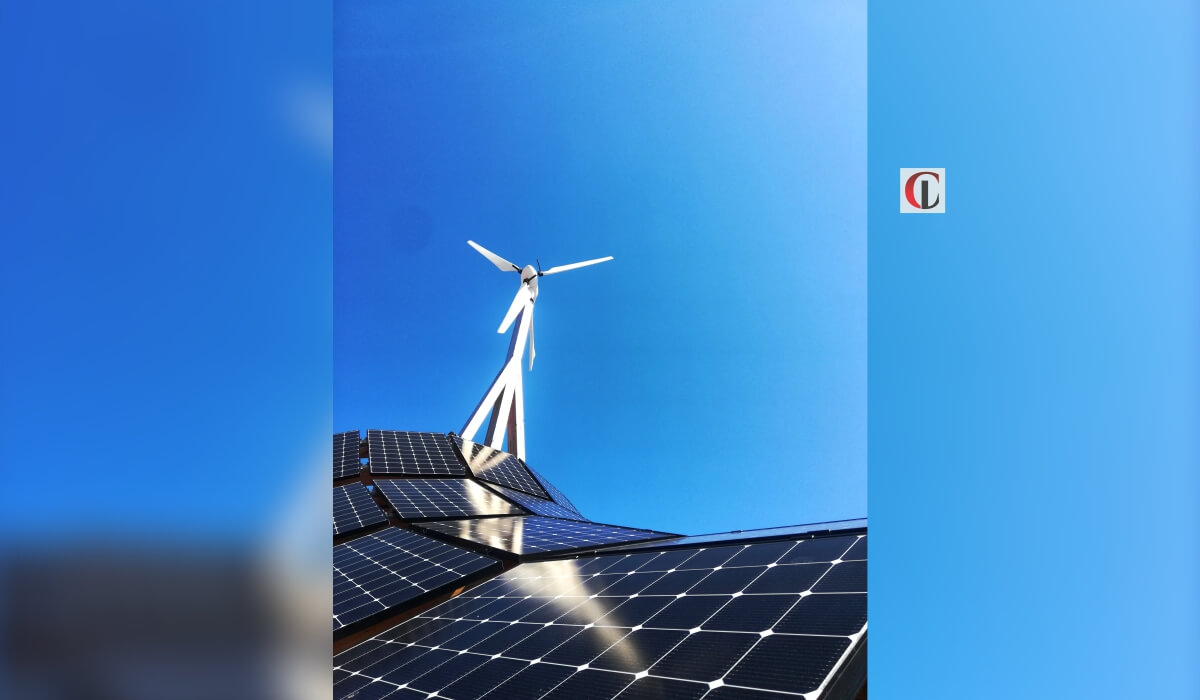India is increasingly relying on renewable energy to boost its rising power consumption. According to the Minister, India’s contribution to historical emissions is just 3%, and the United States, Europe, and other regions have contributed more to harmful emissions over the last 150 years. India’s global stature has steadily risen in recent years, as evidenced by its increased economic and diplomatic clout. It is now ready to assume climate leadership, actively participating in setting the course for future action, and serve as a role model for long-term development.
The formation of the International Solar Alliance (ISA) on the side-lines of the Paris Climate Conference (COP 21) – a move initiated by Indian Prime Minister Narendra Modi in partnership with French President Emmanuel Macron – was perhaps the first indication of India’s larger position in this sphere.
India’s Environment Minister Mr. Javadekar said India will require more energy as that is the basic input for the growth.
“We have reduced our emission intensity by nearly 26 per cent. We have increased our share to 38 per cent of renewable energy in our energy capacity mix. Solar energy and renewable energy all put together, we have now 136 GWand we’re inching towards our goal of 175 GW by 2022,” Mr. Javadekar said.
Other cities are in the advanced process of purchasing. So, they are sustainable, modern as well as the best possible zero pollution, zero emission vehicles,” Mr. Javadekar added.
The widespread use of solar energy systems to produce clean, non-polluting electricity and to address other problems that directly impact the environment is one of the most recent technology developments making waves around the world right now.
As a developing nation, India faced a significant challenge in meeting rising energy demand, which was fueled by rapid economic growth and the sheer size of its population. Energy self-sufficiency and universal energy access were top national priorities, and India needed to move away from relying on imports to meet its energy needs.
As is evident, India is trying to shift its energy dependency from non-renewable sources to renewable. Solar energy is one such segment that has contributed towards achieving this objective. Although the shift comes with its own challenges such as exponentially rising energy demand and dependency on limited non-renewable depleting resources, the country has understood the importance that solar energy will play in its development strategy. Its involvement in international conventions with various other countries and motivation to promote its use is concrete evidence towards switching to cleaner energies.
| Read More: Click Here |








